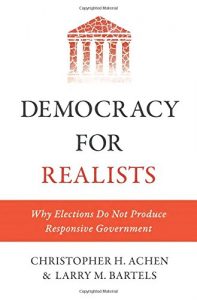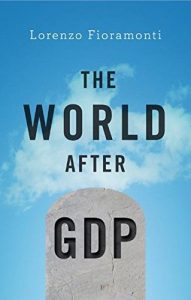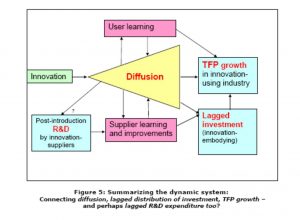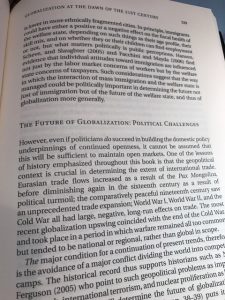The seasonal flurry of catalogues has continued with the latest from MIT Press. I’ll gather all these recent posts up towards the end of the month. But meanwhile, here are the highlights from this one.
Top of these is Peter Temin’s The Vanishing Middle Class, which I blogged about after seeing him present on it in September; and alongside that Vaclav Smil’s latest, Energy and Civilisation: A History. Other titles of interest include Tap: Unlocking the Mobile Economy by Anindya Ghose; Paid: Tales of Dongles, Checks, and Other Money Stuff, edited by Bill Maurer and Lana Swart; Information and Society by Michael Buckland; The Death of Public Knowledge edited by Aaron Davis; and Programmed Inequality: How Britain Discarded Women Technologists and Lost Its Edge in Computing by Marie Hicks.
There’s also what looks like a lovely book, Mary Shelley’s Frankenstein, “Annotated for Scientists, Engineers, and Creators of All Kinds.” The blurb says, “In our era of synthetic biology, artificial intelligence, robotics, and climate engineering, this edition of Frankenstein
will resonate forcefully for readers with a background or interest in science and engineering, and anyone intrigued by the fundamental questions of creativity and responsibility. This edition of Frankenstein pairs the original 1818 version of the manuscript—meticulously line-edited and amended by Charles E. Robinson, one of the world’s preeminent authorities on the text—with annotations and essays by leading scholars exploring the social and ethical aspects of scientific creativity raised by this remarkable story.”






 This was exactly the argument made yesterday at a Bank of England seminar I attended by Hal Varian (now chief economist at Google, known to all economics students as author of
This was exactly the argument made yesterday at a Bank of England seminar I attended by Hal Varian (now chief economist at Google, known to all economics students as author of 
